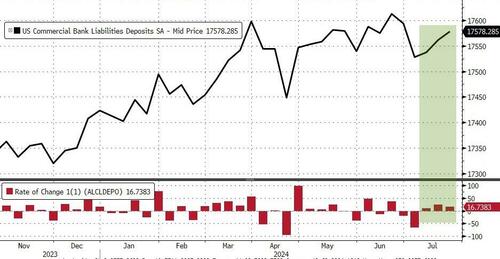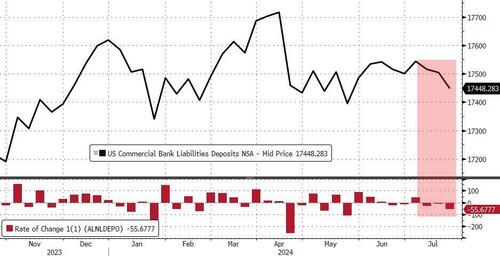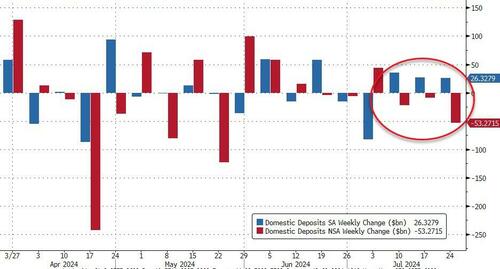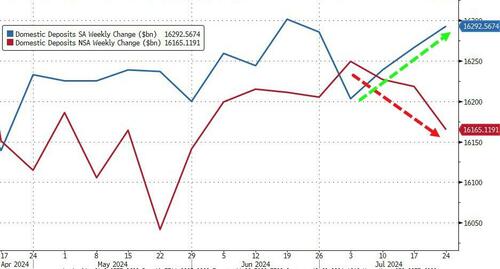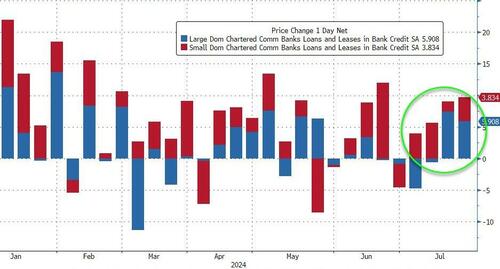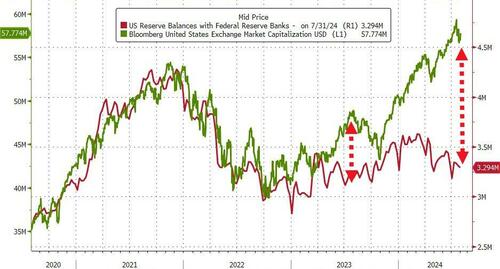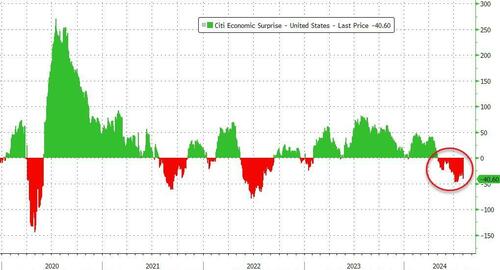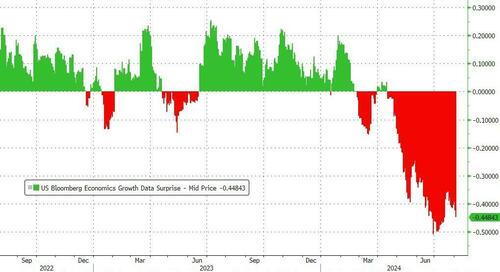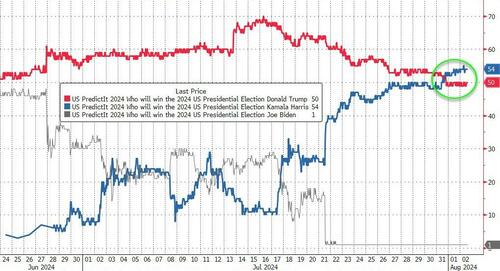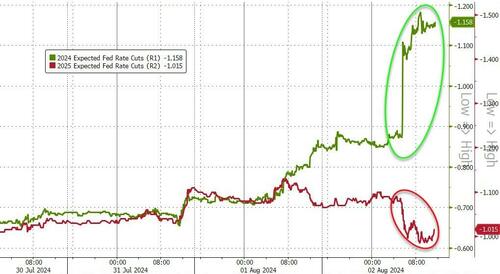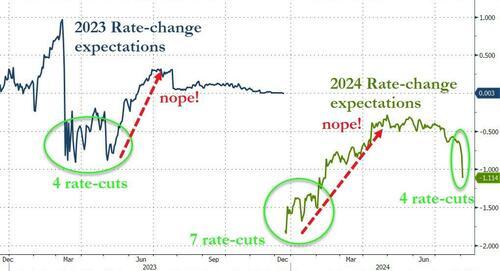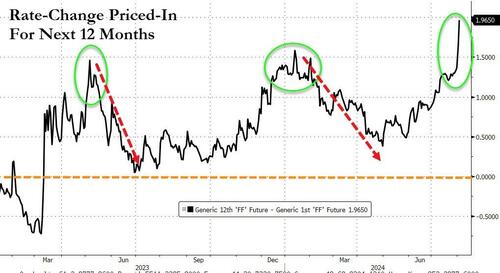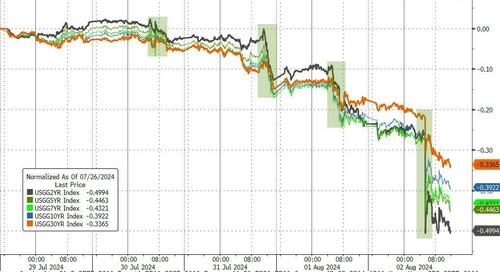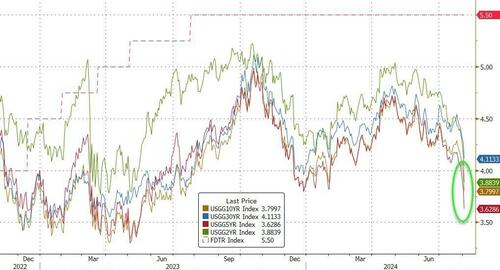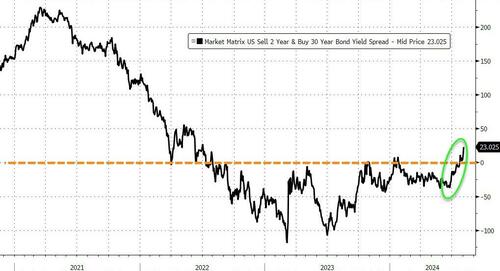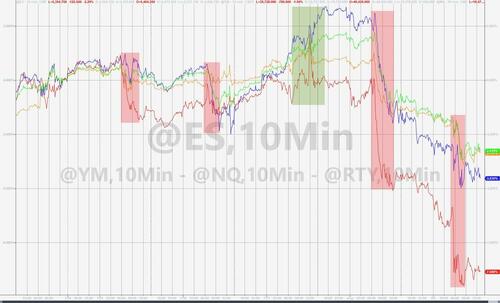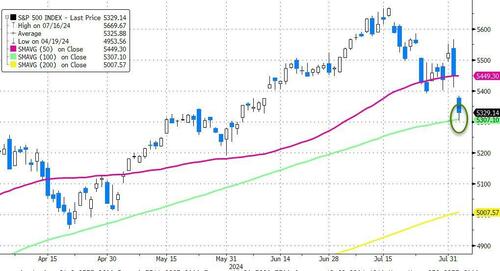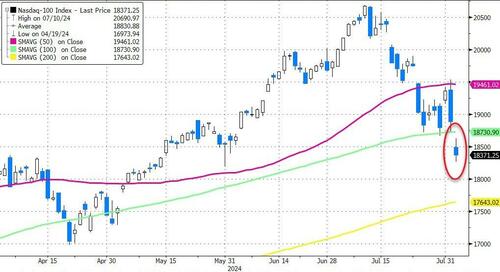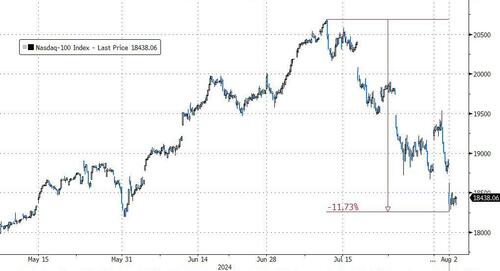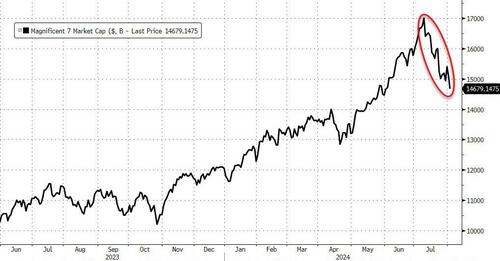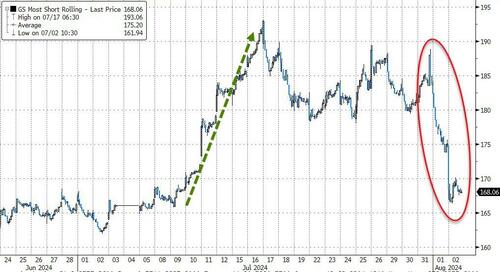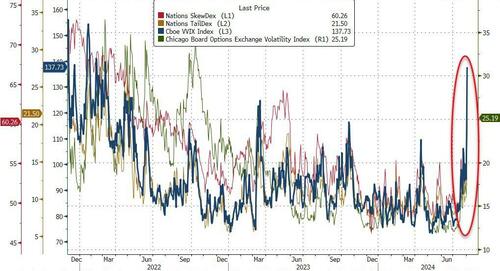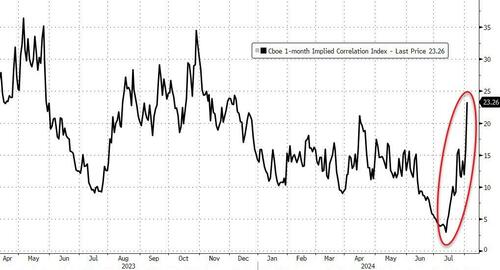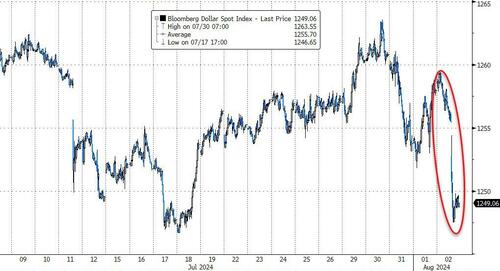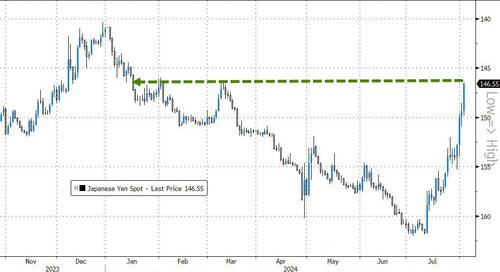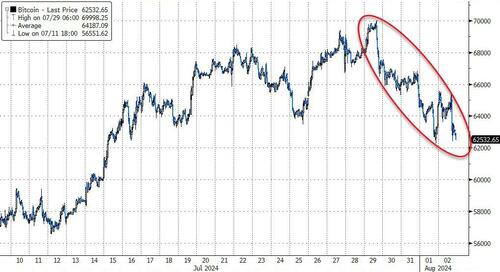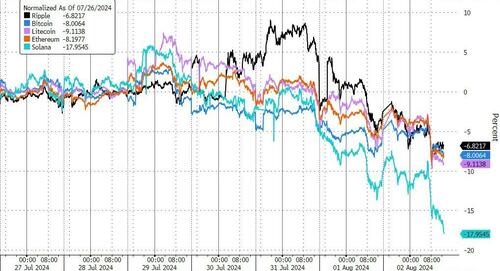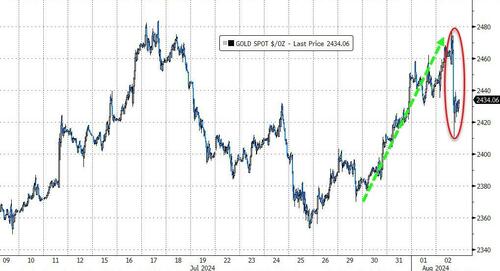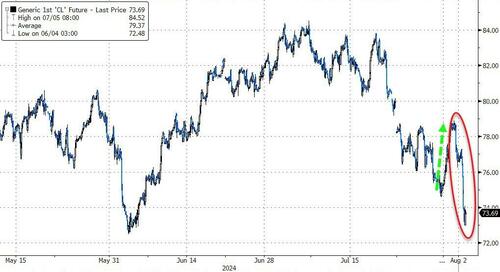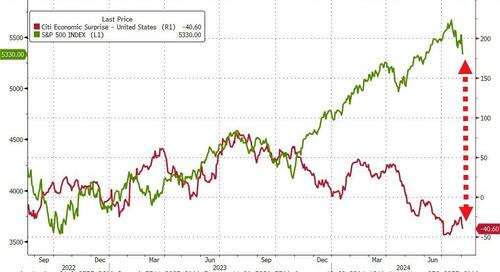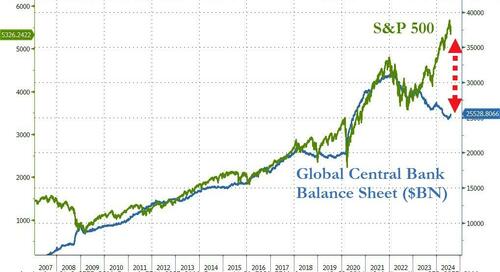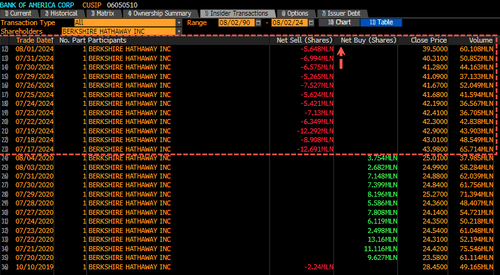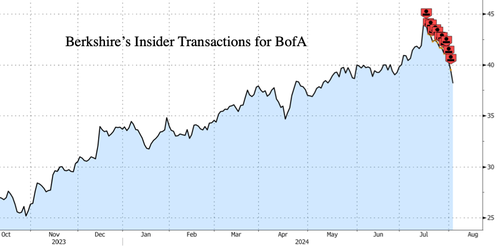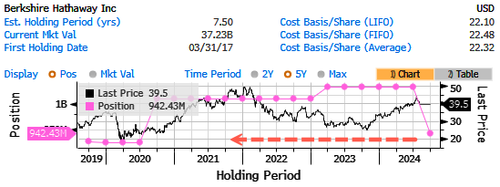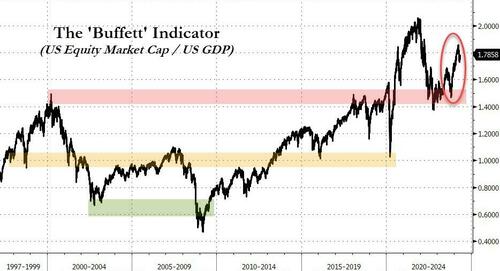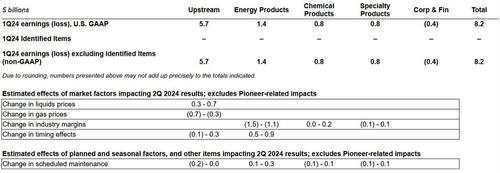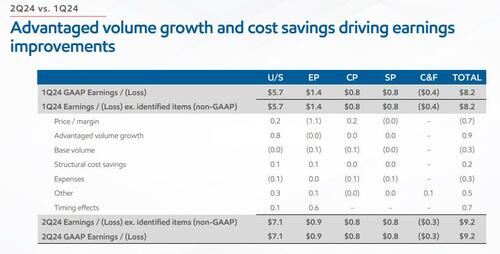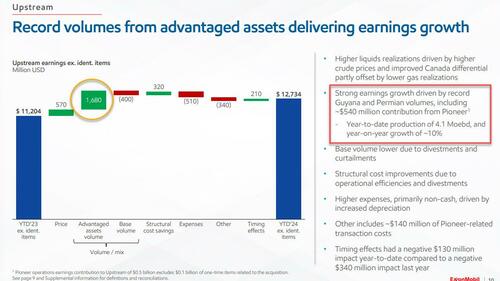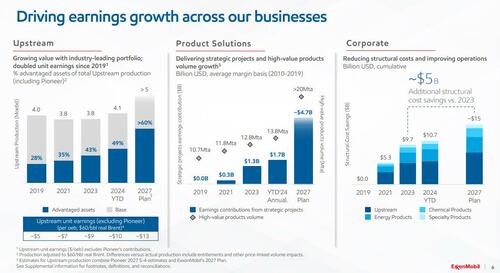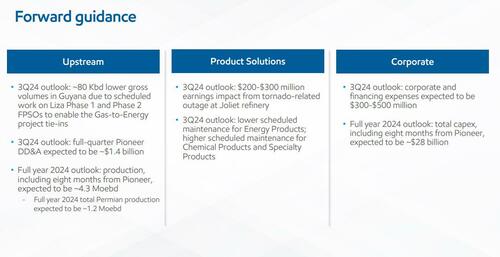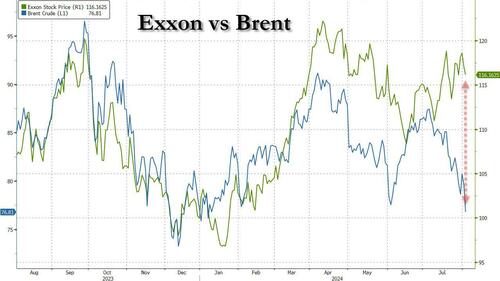Authored by Adam Morrow via The Epoch Times,
The United States is pausing more than $95 million in aid to Georgia, a small country in the South Caucasus region, over the latter’s recent adoption of legislation aimed at combating perceived foreign influence.
“After anti-democratic actions by the Georgian government, I announced a comprehensive review of bilateral cooperation between the United States and Georgia,” U.S. Secretary of State Antony Blinken said in a July 31 statement.
“As a result of that review, the United States is pausing more than $95 million in assistance that directly benefits the Government of Georgia,” he added.
The punitive move by Washington comes two months after Georgia’s parliament passed an anti-foreign influence law, which officially took effect on Aug. 1.

The law requires organizations that receive more than 20 percent of their funding from abroad to register as “organizations pursuing foreign interests.”
It was championed by the ruling Georgian Dream party, which says such legislation is needed to protect the country from malign foreign influences operating under the guise of “civil society.”
Proponents of the law also say it’s necessary to safeguard Georgia’s national sovereignty and combat “pseudo-liberal values” imposed by foreign—particularly Western—entities.
Blinken said in the statement that “The Georgian government’s anti-democratic actions and false statements are incompatible with membership norms in the EU and NATO.”
In the weeks leading up to its ratification, large demonstrations erupted in Tbilisi, Georgia’s capital, where protesters who opposed the law often clashed with police.
Meanwhile, several Western institutions and countries—including the EU, the United States, Britain, and France—had urged Georgia’s leadership to scrap the legislation.
In May, Josep Borrell, the EU’s foreign policy chief, warned that the law’s ratification would “negatively impact” Georgia’s EU membership bid.
Critics of the law have derisively termed it the “Russian law,” comparing it to legislation allegedly used by Moscow to suppress dissent.
Moscow, for its part, denies any association with Georgia’s “foreign agents” law or its recent ratification by the country’s parliament.
In past remarks, Georgian Dream founder Bidzina Ivanishvili has claimed that a U.S.-led “global war party” was seeking to draw Georgia into a conflict with Russia.
In 2008, Russia won a brief war with Georgia—initiated by the latter—over the small but strategically vital regions of Abkhazia and South Ossetia.
Washington, meanwhile, has warned Georgia’s ruling party that its “anti-Western rhetoric” risked setting the country “on a precarious trajectory.”

Georgian pro-democracy activists protest against a “foreign influence” bill outside the parliament in Tbilisi on April 15, 2024. (Vano Shlamov / AFP)
‘Threats and Blackmail’
After the law’s ratification, Washington imposed visa restrictions on several ruling party officials, claiming they were “complicit in undermining democracy.”
In June, the State Department unveiled a first tranche of restrictions on ruling party officials, lawmakers, police officers, and certain private individuals.
It also announced plans to conduct a “full review of our relationship with the government of Georgia.”
Not long afterward, the Pentagon “indefinitely postponed” scheduled U.S.-Georgia joint military drills, which had been initially slated for June.
Georgian Dream responded by accusing Washington of engaging in “threats and blackmail,” describing the raft of U.S. restrictions as a “gross attempt to restrict Georgia’s independence and sovereignty.”
Brussels, meanwhile, responded to the law’s ratification by suspending Georgia’s EU membership bid.
“The adoption of this [anti-foreign influence] law … froze Georgia’s integration in the European Union,” Pawel Herczynski, the EU’s envoy to Georgia, said in remarks to the local press.
He further announced that Brussels had frozen 30 million euros of military aid (roughly $32.4 million) previously earmarked for Georgia’s armed forces.
In his July 31 statement, Blinken condemned Georgian Dream’s “anti-democratic actions and false statements,” which, he said, were “incompatible with membership norms in the EU and NATO.”
He added, however, that the United States would continue funding assistance programs aimed at “strengthening democracy, rule of law, independent media, and economic development” in Georgia.
“We will remain committed to the Georgian people and their Euro-Atlantic aspirations,” Blinken said.
According to the secretary of state, Washington has provided Georgia with over $6.2 billion in aid since the country achieved independence after the Soviet Union fell in 1991.
Georgian Prime Minister Irakli Kobakhidze described the latest punitive measures by Washington as “counterproductive.”
“Instead of blackmailing and threatening, we should have a healthy conversation about improving relations,” he told the Georgian press on Aug. 1.
But Kobakhidze also struck a conciliatory note, calling for a “reset” in relations between Tbilisi and Washington.
“The relationship needs a reset,” he said. “We are absolutely ready for it.”
He added: “The main thing is to see the next steps.”


